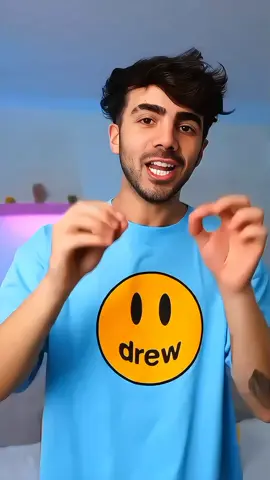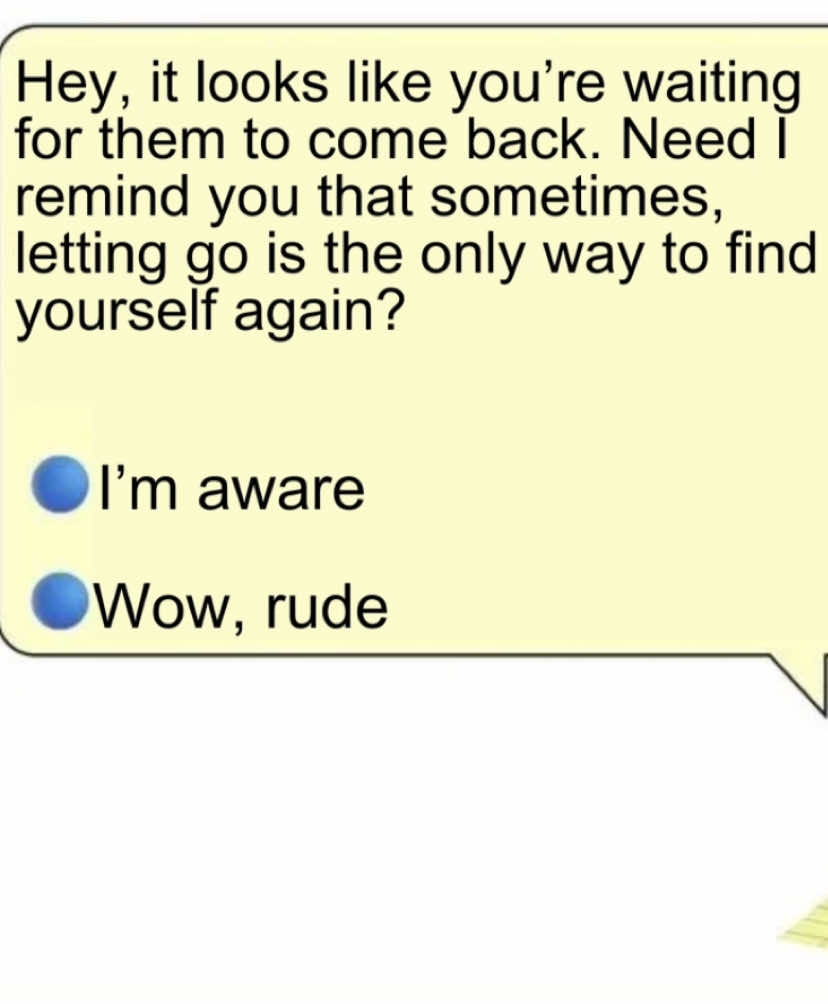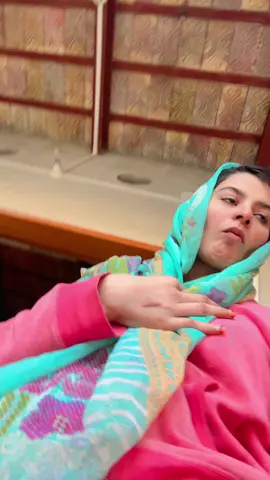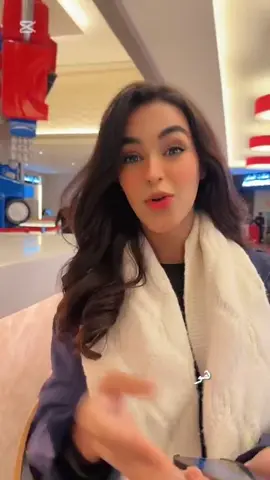لمسات وتر—عماد حاتم—emad hatem
Region: AE
Sunday 11 December 2022 18:45:35 GMT
109712
3132
252
1047
Music
Download
Comments
nancyn847 :
My favorite song 🥰🥰
2024-11-14 04:09:11
1
mustafaali1445 :
اكثر واحد متمكن من عزف العود في التيك توك فيما أعلم
2022-12-12 21:26:33
6
Fatiha Chenteur :
Vous jouez tellement bien on dirait que vous Hut chante comme un Humain merci beaucoup 🙏🌺🙏🌺🎶🎶🌺
2024-11-13 22:29:21
2
cavabian1 :
من افضل العازفين الي يبدع في مقام راست انت مجرررررم راست ❤️❤️❤️
2024-11-27 09:12:01
1
Ahlem Beldi135 :
إبداع والله موسيقى الزمن الذهبي
2024-11-15 22:38:57
2
nancyn847 :
ماشالله أبدعت 👏👏👏👏
2024-11-14 04:10:47
2
asad :
سلمت يداك .. وينك بطلنا نشوفك على اللايف ؟
2024-11-13 00:10:32
1
ابو ريـــم :
ي عيني ع حلاوة العزف ، تستاهل المتابعة 👍
2024-11-12 13:46:05
1
To see more videos from user @emadhatem5, please go to the Tikwm
homepage.





